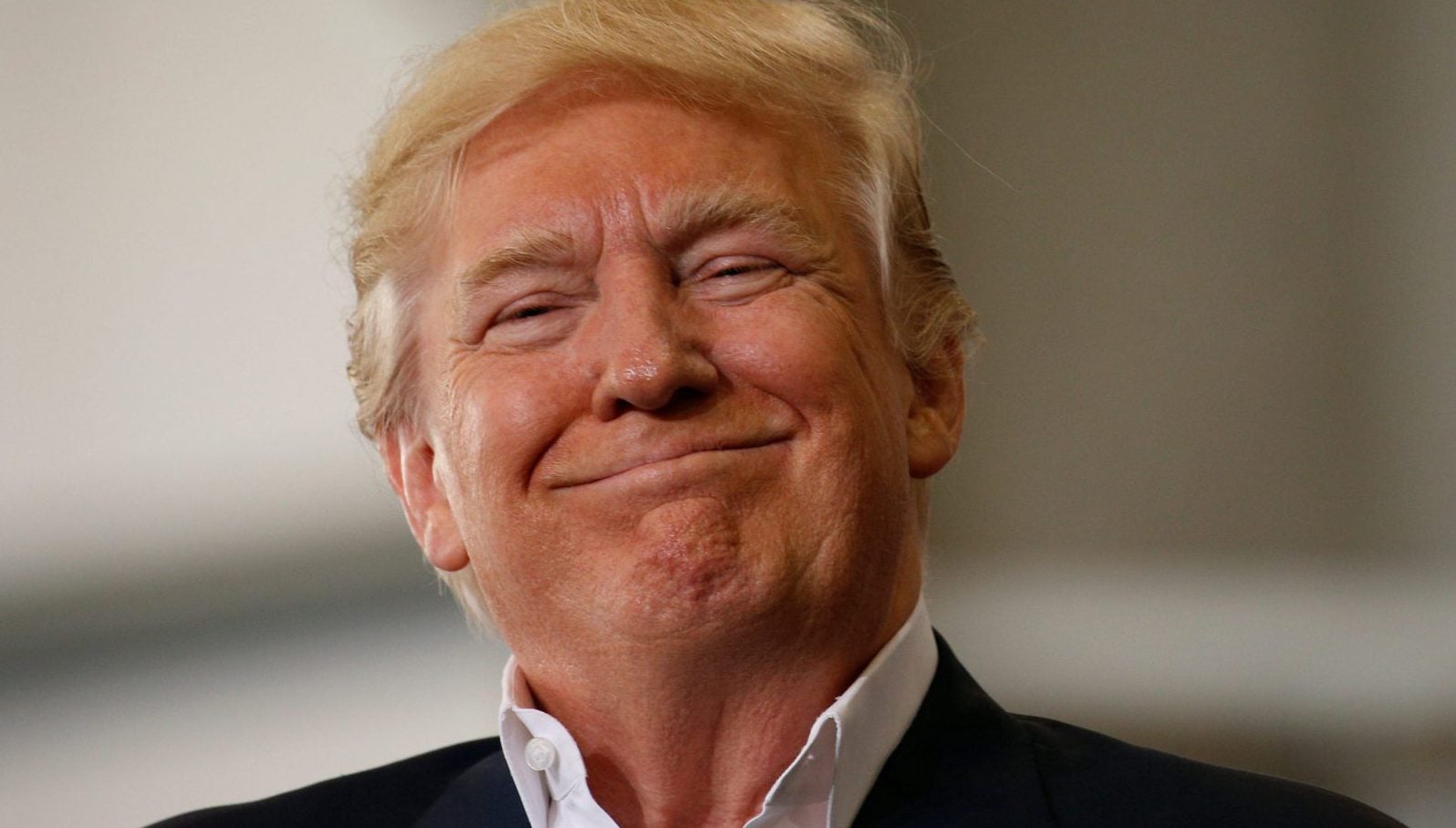We are not afraid of you, president Trump
Before he died last year, Uzbekistan president Islam Karimov was a killer. Accused critics and dissidents were tortured and died in prisons under his quarter-century rule. On a state visit to neighboring Turkmenistan during the 1990s, Karimov walked up to me, his finger wagging. “We hope that one day you will understand our country,” he said, pointing in my face. Somehow, it sounds a lot less menacing in writing. I lasted two years as a Tashkent-based correspondent for Newsweek before being expelled.


Before he died last year, Uzbekistan president Islam Karimov was a killer. Accused critics and dissidents were tortured and died in prisons under his quarter-century rule. On a state visit to neighboring Turkmenistan during the 1990s, Karimov walked up to me, his finger wagging. “We hope that one day you will understand our country,” he said, pointing in my face. Somehow, it sounds a lot less menacing in writing. I lasted two years as a Tashkent-based correspondent for Newsweek before being expelled.
The Russians gave me the bad news at Vnukovo Airport in Moscow, on arrival from Georgia, less than a year later. I was expelled from there, too—persona non grata (the Russians use the more insulting term, “undesirable face.”) Boris Yeltsin was president at the time, but I never learned who the miffed party behind my departure was in this case.
There are a ton of such stories in the authoritarian and autocratic countries of the world—of presidents and systems who regard independent voices as something to rant about, demonize, banish, and, often, snuff out. My Wall Street Journal reporting partner in Pakistan, Daniel Pearl, was killed when he ended up in the wrong hands while doing his job. He is among 1,230 journalists to be killed over the last quarter century around the world, according to the Committee to Protect Journalists.
So while it’s surprising to see a form of this style of leadership in the United States, and to see it cheered by supporters and defended by aides, it’s not unfamiliar. I am speaking of US president Donald Trump’s denunciation on Friday of five news organizations as “the enemy of the American people!”
Reporters around the world know this drill—a leader who feels a need for an enemy in order to rule effectively. And so he creates one. As for the wild praise of his followers, I and colleagues have seen that, too—the president who plays to the galleries. Trump does not hate the media—for him, it is theater. His followers are forever baffled that reporters take the bait, and don’t get that you have to understand the spirit of Trump, and ignore his precise words.
The reason that reporters are not quick to ha-ha it up with Trump’s followers is that the US presidency is not a show, and his words not entertainment. Trump seems to think that the truth is just another expendable commodity. Few other democratically elected leaders agree. Saying what you mean and meaning what you say matter, as Wall Street Journal columnist Bret Stephens said so well in delivering the annual Daniel Pearl memorial lecture in California this week.
Many people in Russia and Uzbekistan, too, have felt energized and legitimized when their leader vilifies the “other.” But it is not a joke to use the power of the ultimate bully pulpit to attack every alternate democratic voice—the so-called judges, the Fed, NATO, “lightweight” Democratic opponents, and so on.
Trump forces us therefore to up our game. And, having seen it before, we don’t fear it. Global history shows that, while some institutions will crumble, important pillars will remain—in the case of the US, Congress may be going along with the president, but there still are the courts, independent political figures, and the media.
Trump—you keep doing your job as you see fit. And we will keep doing ours.